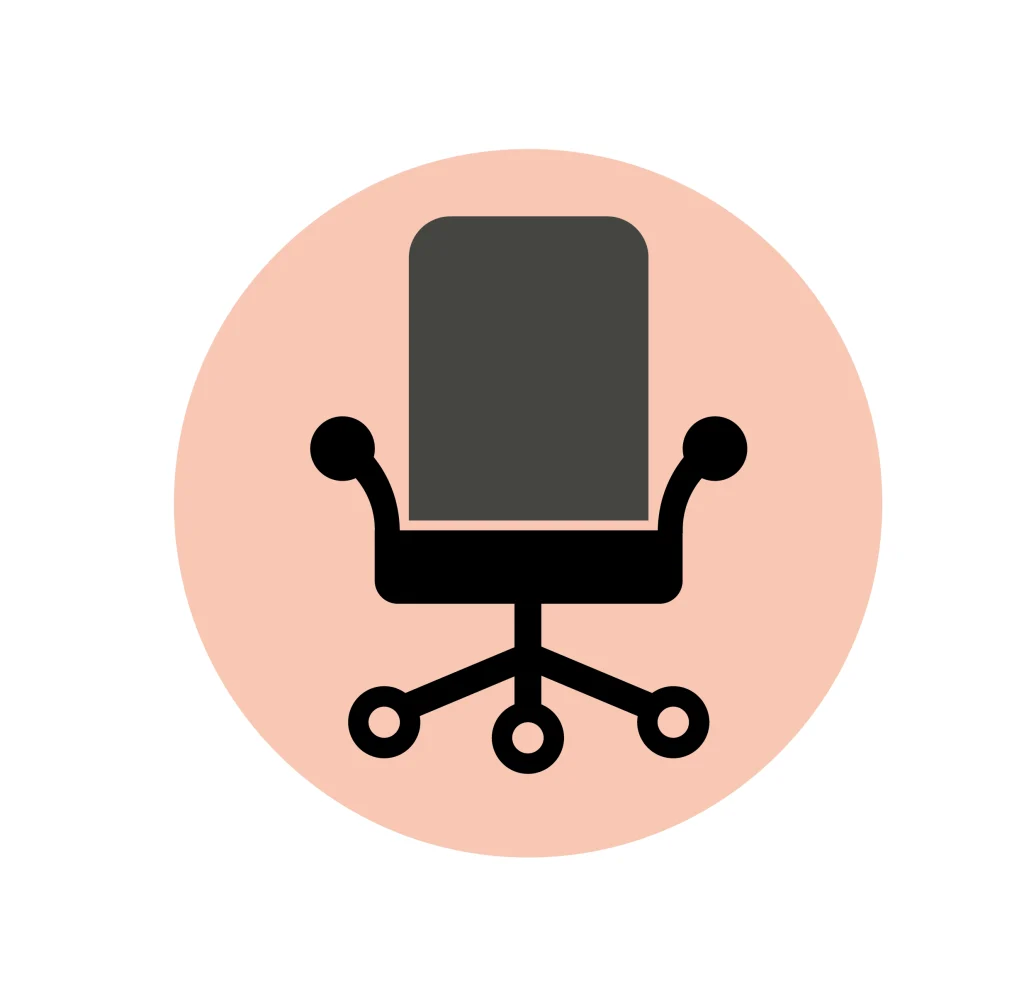
Polly Richard
Partner, Dispute Resolution

Peter Hughes
Partner, Finance Group

1. What is the apprenticeship scheme?
We are excited to welcome our inaugural cohort of Solicitor Apprentices, who will join the firm in September 2025. Initially, the four apprentices will spend their first year in one of our sponsoring departments, which include Dispute Resolution, Real Estate, Corporate, and Finance.
The Solicitor Apprenticeship program launched in 2015 and is aimed at school leavers, post-A Level, as an alternative route to qualifying as a solicitor. The apprenticeship program takes six years to complete. During these six years, apprentices will reach law degree level by the end of the fourth year and take the SQE (and join our trainee cohort) in their final two years. One of the requirements of the apprenticeship is that apprentices spend 20% of their working week studying towards their qualification.
Throughout the final few months of 2024, we attended over 15 events across the UK to raise awareness of the apprenticeship opportunity at Travers Smith, our culture, our people, and the benefits our program offers. This effort resulted in nearly 600 applications, with recruitment expected to conclude in May 2025.


2. Why are law firms taking apprentices?

Though there were a small number of early adopters within the City, throughout 2023 and 2024, law firms increasingly launched apprenticeships to address the growing need for diversity within the legal sector. Solicitor apprenticeships provide an alternative route into the profession, removing several financial and educational barriers that traditionally limit access. By opting for apprenticeships, law firms are able to draw from a broader pool of candidates, including those who may not have the means to pursue a university degree due to tuition costs or socio-economic constraints.
Apprenticeships ensure that law firms can hire individuals from various backgrounds, who bring with them a wealth of different perspectives and experiences. This diversity can enhance problem-solving and innovation within the firm. Moreover, by training apprentices on the job, firms cultivate a workforce that is well-versed in practical, first hand legal experience right from the start. This method promotes inclusivity and opens up career opportunities for those who might not fit the conventional mould of a university graduate. Consequently, law firms benefit from skilled and diverse legal professionals who enrich the firm and better represent the communities they serve.

3. How does the scheme work in practice?
The solicitor apprenticeship scheme at Travers Smith will offer a comprehensive blend of legal education and practical experience, strategically structured over six years. The initial four years focus on developing a deep understanding of various practice areas, with apprentices rotating annually through different legal departments. This rotation process ensures broad exposure across multiple areas such as Real Estate, Dispute Resolution, Corporate, and Finance, with potential placements in other teams.
The educational aspect is delivered by BPP through the Level 7 Solicitor Apprenticeship course, equivalent to a law degree, culminating in the Solicitors Qualifying Examination (SQE). Apprentices engage in academic studies one day a week at BPP, exploring key legal modules, and receive dedicated study leave to prepare for exams, especially during the final two years for SQE assessments.
In the final two years, apprentices transition to trainee rotations, experiencing different legal practices every six months. This phase allows apprentices to further refine their skills and gain essential exposure to various legal environments, enhancing their readiness for qualification.
Throughout the apprenticeship, apprentices encounter at least eight legal practices through rotations, including possible placements in Business Services such as Legal Tech, Legal Operations, and Business Development. They may also have opportunities for client secondments, providing additional practical insights and real-world experience.


4. Why is Dispute Resolution a prime first seat?

A seat in Dispute Resolution provides apprentices with an opportunity to gain experience in a core practice area of the firm, and will expose them to the “coal face” of the English legal system, namely the judicial system which underpins the practice of all other areas of law. An understanding of how the legal system works, and how to assess and mitigate risk is essential for all lawyers.
The wide range of matters the department deals with means that apprentices will gain early exposure to a range of practice areas, industries and clients. Apprentices may become involved in commercial disputes, competition claims, investigations, arbitration and more. This diversity gives them a chance to gain a broad understanding of different areas of law.
Time spent in Dispute Resolution will also help apprentices to develop critical practical skills such as legal research, case management, drafting, negotiation, and advocacy. These skills are fundamental for any legal career, and will provide the apprentices with foundations on which they will be able to build as they move through their remaining seats within the firm.

5. How does Dispute Resolution provide valuable learning opportunities for solicitor apprentices?
Litigation almost invariably requires working collaboratively, whether that be with other solicitors, counsel, experts, clients or support staff. Our Solicitor Apprentices can therefore expect at an early stage to become key members of teams involving both internal and external stakeholders, making a valuable contribution and learning on the job from day one. We find that is the best way to develop the skills necessary to become an effective litigator – whether “hard” skills like drafting, research and critical reasoning, or the “softer” skills of effective communication and professional collaboration. Dispute resolution can be a fast-moving and high-pressure area of law, but that is also what makes it such a rich and rewarding learning environment.
Over the course of their one-year seat, we would expect Solicitor Apprentices to develop a range of practical skills that will provide a useful foundation for their subsequent careers. That would include skills such as legal research, drafting of correspondence and formal legal documents (such as witness statements and court applications), and an ability to think critically and strategically about legal disputes. Perhaps most importantly, we would expect Solicitor Apprentices to develop an ability to identify and analyse legal and commercial risk, a key skill that will provide them with an excellent foundation for their subsequent legal career.


6. Can you provide a practical example of a matter on which apprentices might be able to assist?

We are regularly involved in high-value and complex contentious proceedings and investigations, which typically require us to work in large teams composed of solicitors of various levels of seniority, as well as more junior fee earners such as trainees and paralegals. There are plenty of areas in which a Solicitor Apprentice can usefully assist on such a matter.
In the earlier stages, that might involve legal research, taking attendance notes of client and witness interviews, drafting correspondence, document review and preparing factual chronologies. As the matter progresses, the Solicitor Apprentice would be closely involved in hearing preparation, including by preparing bundles, assisting with logistics and attending the hearing itself.
Our hope is that by the end of their one-year seat, the Apprentice will have gained direct exposure to as many phases of the litigation lifecycle as possible, all while making a valuable contribution to the team and developing important skills.

7. Why is being a sponsoring department in year one a brilliant opportunity?
I may be biased as a litigator, but I genuinely believe that starting in the Dispute Resolution department will set our Apprentices up for a successful career within the firm. It will give them a fantastic grounding in the core skills that they will require in all future seats, with a particular emphasis on the strategic and risk evaluation skills that are so central to this area of practice. Ultimately, all lawyers should understand what happens (and the associated pressure) when things become contentious (i.e. go wrong).
Our hope is that they will then be a great ambassador for the department as they move through their other seats, able to rely on the strong contacts that they will have established during their time with us (given many of our matters involve other specialist practices in the firm). We should then also have the opportunity to host them a second time once they join the trainee cohort (in the fifth/sixth year of the programme), at which point they will bring with them the knowledge and skills that they have learned in their time with other departments.


8. How can apprentices bring new skills to the department?

The practice of law is evolving rapidly, and litigation is no exception to that trend. As a firm, we invest heavily in our technology offering, to ensure we remain at the cutting edge of our field and so that our clients continue to benefit from recent technological developments. For example, we use the Artificial Intelligence tool Jylo to bring about efficiencies in a range of our work. Jylo is an AI software company, and many of our solicitors work with our in-house Legal Tech team to develop effective use cases and “playbooks”. We would expect our Solicitor Apprentices to be a core part of those and similar efforts.
More broadly, we are excited about the fresh perspectives that the Solicitor Apprentices will bring to the firm, and the opportunity for us to learn from their new viewpoints and willingness to challenge our established methods of working. We are really hoping that the Solicitor Apprentices can teach us as much as we will be teaching them.


